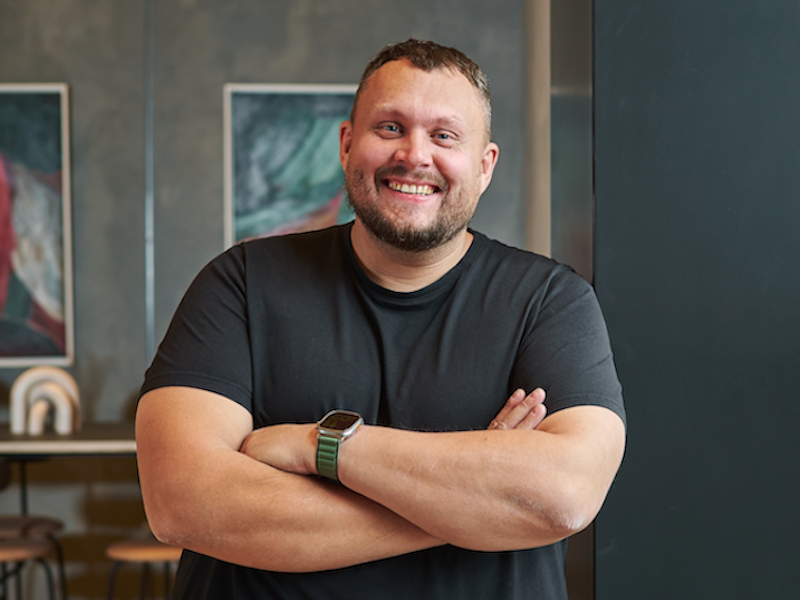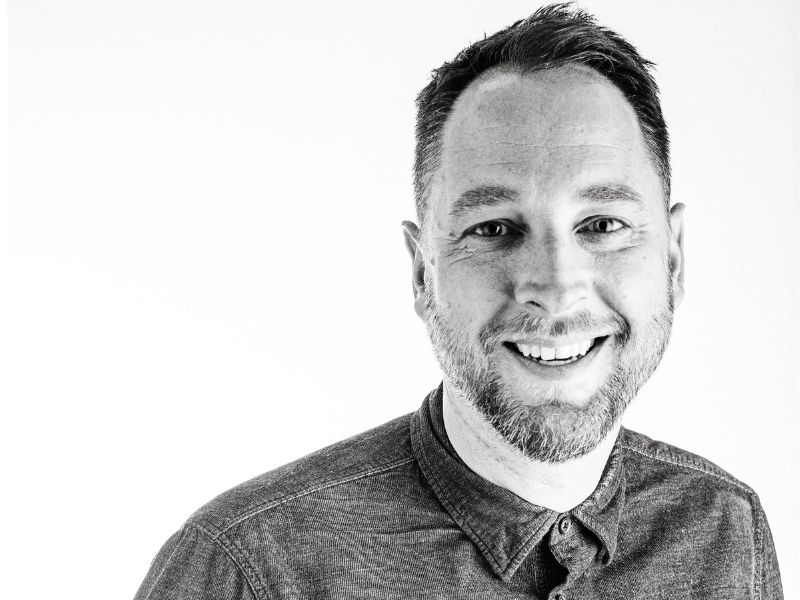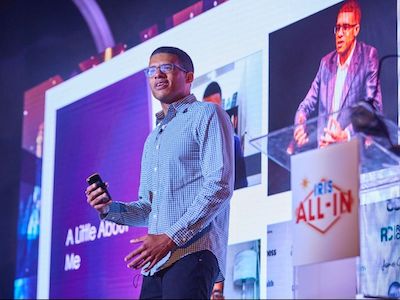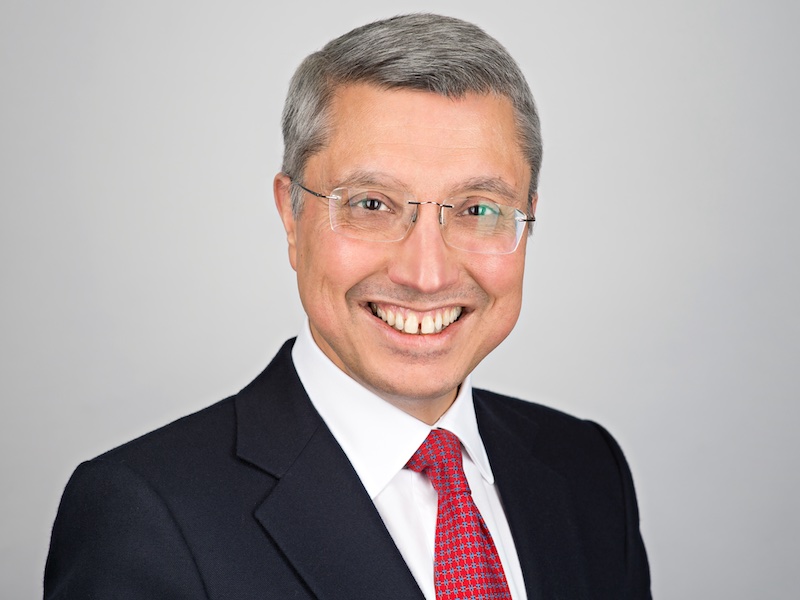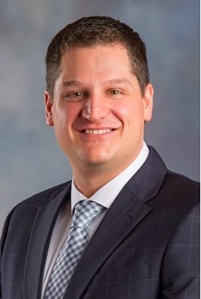 Tell us a bit about yourself, background and your current role
Tell us a bit about yourself, background and your current role
I grew up in a small town in upstate New York and my family didn’t travel much so my view of the world was a bit narrow until I was able to start taking roles with Global organizations after college. I was lucky enough to travel most of Europe in these roles and lived in Northern Ireland for a period of time. I started my career as an HR Manager for a manufacturing company based out of Switzerland before moving on to working as an HR Business Partner and Talent Manager for multiple Fortune 500 companies. I played a major role in each of these positions in helping build diversity and inclusion programs as it was near and dear to my heart. I frequently hear “you must work on D&I because you are in HR” – and I have always replied that I went into HR so that I would be able to work in D&I.
Knowing the power of diversity and inclusion helps increase a company’s capability and growth, but creating a sense of belonging for those that may not always feel that is a passion for me personally. Currently, I am working for Semrush as the Head of HR for the U.S. and Global HR Operations. In this role I continue to be involved in our Diversity, Equity & Inclusion programs which is one of my favourite areas of focus.
Did you ever sit down and plan your career?
I didn’t start planning my career until my first year of college. I thought I wanted to be a history teacher, but after my first year I realized that was definitely not my path. I transferred to the school’s Business department and had a wonderful Intro to HR teacher who worked for GE for a period of time. After that class I knew HR was what I wanted to do for a career. I then mapped out milestones for myself based on where I wanted to be, by what age. So far I have met or beat those milestones so I have been very lucky in my career due to some great mentors.
Have you faced any challenges along the way?
Every person faces their own set of challenges in both their professional and personal journey. I have always tried to look at challenges or difficulties as an opportunity to learn and grow. One of the toughest challenges I have faced in my career is changing industries. While the fundamentals of HR are normally the same between industries the application and approach to those principles can be very different. This can make adapting to a new environment very difficult. As one of my mentors said to me you almost have to be a chameleon and adjust your skill to fit the environment. This always takes some time to learn the nuances, but once you understand the culture and motivators it makes the journey a bit easier.
What has been your biggest achievement to date?
The achievement I am most proud of in my career to date is helping a small manufacturing business grow from roughly 300 employees and 1 manufacturing site to over 1000 employees with three large manufacturing locations in the Greater Philadelphia region. At this point I was able to help the owners sell the business to a private equity firm. During this growth period I was also able to build one of the largest second chance employers in Philadelphia. We created a program to help formerly incarcerated individuals find employment with the organization and additional programs to help them find housing and build better lives for themselves. Being able to create this diversity program while helping a business to grow is something I take great pride in.
What one thing do you believe has been a major factor in you achieving success?
The most important factor in any success that I have achieved has been the support of my colleagues. By taking in a diverse set of ideas from individuals of all walks of life I have been to problem solve and collaborate with each of the teams I have been lucky enough to work with. Success can’t be achieved by individual effort alone, the support of a team is always critical.
How do you feel about mentoring? Have you mentored anyone or are you someone’s mentee?
I have been lucky enough to find multiple strong mentors over my career, both male and female. By taking each of their lessons and combining them, I have been able to take the best of what they offered to me to create my own style of leadership. I have tried to take the same investment that my mentors put into me and pass this on to my colleagues, staff, and members of my community. Learning from each other helps avoid past mistakes while developing a better future for us all.
What can businesses/government/allies do to help diversity and inclusion?
As organizations become more aware of the importance of Diversity and Inclusion they must recognize that Diversity goes far beyond that of categories like gender, race, nationality, sexual orientation, religion and disability status. Diversity includes the diversity of thoughts, personal experience, geographical location and many more facets that make up an individual. As organizations begin to build programs around Diverse hiring they need to ensure that they are building the structure around which they will be able to help everyone succeed. This means having leaders with which they can identify with and learn from. Additionally, it is crucial to have the right development and growth plans in place for all employees to be successful in driving both the organizational growth but additionally their own personal growth objectives as well.
Why do you think it’s important for men to support gender equality in the workplace?
Women have proven time and again that they can bring a unique perspective to help businesses grow, innovate and evolve and to ignore this capability will put an organization at a strategic disadvantage. If organizations don’t realize the importance of gender equality they will fail. Female consumers and female owned businesses now represent a large portion of the global market. If an organization is incapable of showing that they are aligned with the priorities of gender equality they will lose this market share. More importantly if an organization ignores the values of compassion, empathy and vulnerability that women leaders often bring it risks losing the trust of its employees which can create a toxic work environment.
If you could give one piece of advice to your younger self what would it be?
Always make sure that Diversity, Equity and Inclusion is an organization driven objective. Some organizations have and still look to HR as the team that should be the “drivers” of this initiative. While I believe that in HR roles we can be great enablers and facilitators, the entire organization has to embrace these values in order for them to be successful. Executive and employee support and participation is critically impactful to a DEI program and HR can’t operate in a silo to drive this complex culture.
What is your next challenge and what are you hoping to achieve in the future?
Our next challenge is building out a global Diversity, Equity and Inclusion program at Semrush. DEI can have a different meaning in every region, but by building out a global brand that includes all of these regions we will be able to attract the most innovative and driven employees for the growth of our organization.
WeAreTheCity has a back catalogue of thousands of HeForShe interviews, including Suki Sandhu, Philip Baldwin, Asif Sadiq MBE, Rob Neil OBE and many more. You can read about all the amazing men championing gender equality here.





